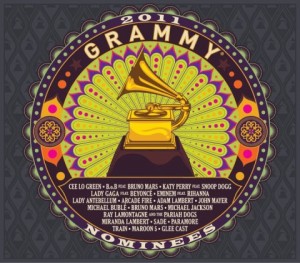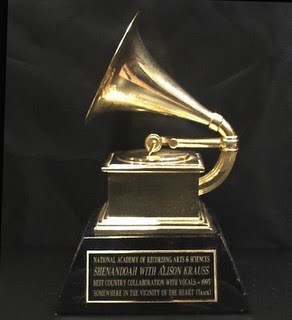
Photo Credit: Courtesy, The Jazz Lawyer
In a world of instant gratification, at one of CMJ’s most informative panels, music industry pros discussed the power of the song, perseverance and passion.
Moderated by RXP’s Matt Pinfield, combined with panelists Leslie Fram (Program Director, RXP), Brian Phillips (Music Director, RXP), Matt Pollack (Manager, Monotone Inc.), Ron Burman (Senior VP of A&R, RoadRunner Records) and S*A*M* Hollander (Songwriter/Producer), the 75-minute talk provided music lovers and makers insider information on how to get their favorite music heard.
What differentiated this panel from others was the evident excitement each panelist held for live music and the love to promote good music.
“We love music. We’re passionate about it. I consider this panel to be more the exception than the rule at this point. There are a lot of people in it [the music business] who don’t care about music, artists, or artist development. It saddens me, but we do every part that we can,” Pinfield told the audience.
Time and time again, each speaker stressed that great artists aren’t the product of overnight success.
“Get there on your own time table. Do it at your own pace,” Burman advised. “Have a level of credibility and live sense about you so that you can spread your art.”
Each panelist agreed on the importance to make a mark in your community first before anything else.
“If you can make a noise in your community and draw well, we’re going to take notice,” Fram said.
While the live show is one of the most important elements before signing a band for Pollack, the rest of the panelists spoke of the importance of the song.
“It’s about the song. It’s about the connection. I’ll listen to hundreds of songs in a week and it’s just that gut reaction that makes me want to hear the song again and again,” RXP’s Phillips said. “I’ll do some legwork and look up the band and their blog and their MySpace page. It’s about presenting that song, that feeling, that excitement of playing a new song on the radio that’s cool and that people will really enjoy… it’s about that connection as a music fan.”
Though Burman, who signed Nickelback, wants to see a band that can deliver live, he says the song has to strike a chord with him to make him interested.
“It’s more of an intuitive thing where I love a song, I love a vibe, I love what I hear and if they’re selling or reacting, that’s a plus. It’s the song and how I connect with it first and foremost; something that can appeal to people all over every walk of life,” Burman said.
While it is evident that the impact the song has on music lovers holds great importance, without the help of radio many bands wouldn’t have the success they have today. On the outside for the first 10 years of his career, writer/producer S*A*M* Hollander talked of his rise to co-writing and hit songs he wrote with artists including Gym Class Heroes, Gabe Saporta, and Katy Perry.
“Hits are still king. I like to throw around sports analogies very loosely. It’s almost like baseball. To make radio, it’s like the closing pitch. It’s Mariano Rivera of the Yankees. Radio, we need to bring the thing home. Blogs are a great aggregator and iTunes, but radio is king to me. You still want that one big hit that’s iconic,” Hollander said.
Whether you’re on a major record label or independent, RXP’s Fram doesn’t care.
“We didn’t look at labels. We felt, if an unsigned band had a great song, what’s the difference in that with a signed band that had a great song? We were all about developing artists, and not the song mentality,” she said talking of her time at radio station 99X in Georgia.
RXP’s Pinfield got his start at college radio while attending Rutgers University. Adamant about playing local bands on his radio show, he urged students to do the same.
“[College radio] was a way to create community. Do as much for the artist you believe in. Give them a shout out. College radio is the place for that to start,” he said.
“My main advice to you is don’t give up. If you love something, whether you’re an artist, you want to be a disc jockey, you want to work in radio. Just don’t give up and don’t let people discourage you and tell you that you’re not good enough or you can’t do it if you believe in it wholeheartedly in your whole soul. It’s just a matter of persistence. It’s just that love for it,” Pinfield said.
This article was originally posted on The Jazz Lawyer.




